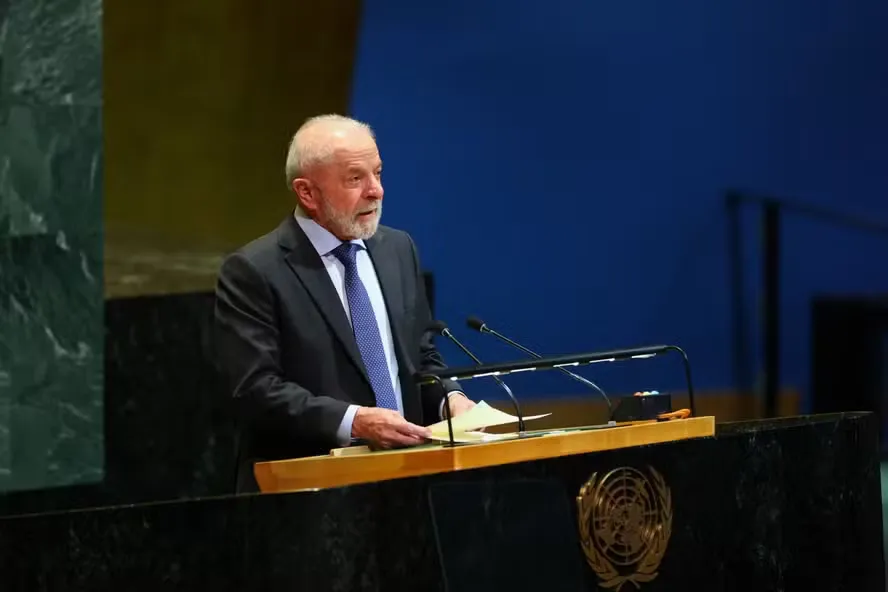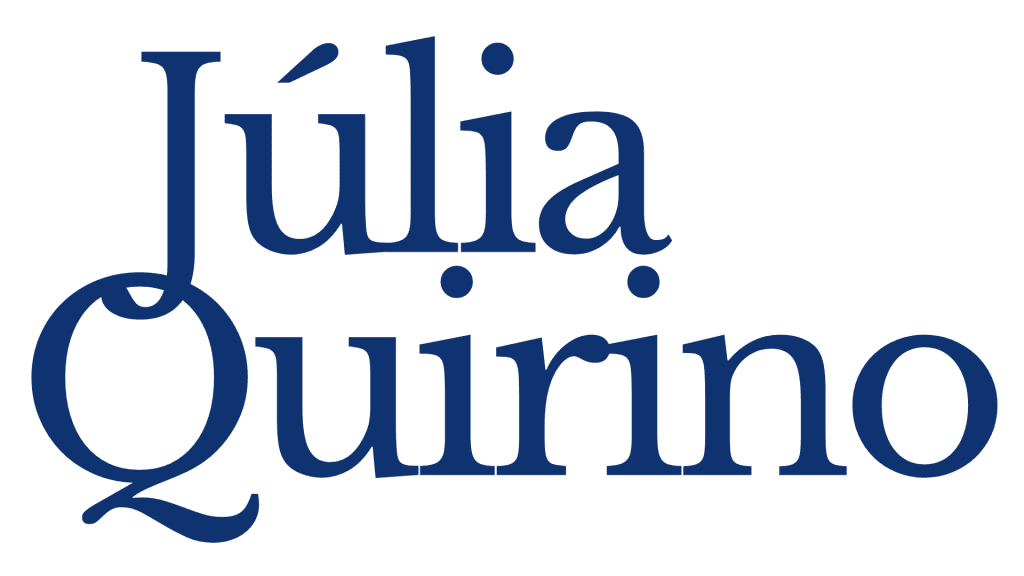Author: Ms. Júlia Quirino, on the 25th of September, 2025.
President Luiz Inácio Lula da Silva’s address at the 79th United Nations General Assembly (September 2025) highlighted multilateralism, democracy, climate change, and global inequality as central themes. References to organized crime and public security, however, were brief and embedded within the broader context of international cooperation and digital regulation. This rhetorical choice reveals, on the one hand, the intention to position Brazil as a normative actor in global governance; on the other, it underscores the strategic silence surrounding the country’s acute domestic security crisis, marked by rising armed violence and the diversification of criminal economies.

Among the points mentioned, Lula emphasized three aspects. First, that crimes such as fraud, human trafficking, child exploitation, and attacks on democracy must also be addressed in the virtual sphere, reaffirming the role of the state in protecting children and adolescents. Second, he underscored the importance of international cooperation to confront drug trafficking, with an emphasis on combating money laundering and controlling the arms trade. Third, he criticized the tendency to equate organized crime with terrorism, warning against the excessive and disproportionate use of lethal force.
These remarks, although limited, highlight some progress. The transnational framing is consistent with the reality of criminal networks that operate across borders and sustain global flows of drugs, weapons, and illicit capital. The recognition of digital crime is equally relevant, given the growing convergence between organized crime and cybercrime, particularly in a context where transnational digital fraud increased by 17% in 2024 alone. The rejection of the counterterrorism logic, in turn, is important because it prevents the securitarian temptation to label criminal factions as terrorist organizations, a classification that, if adopted, could legitimize exceptional measures and expand both state and international violence.
Yet the speech also exposes significant gaps. The first is the absence of any direct reference to Brazil’s domestic reality. Despite an alarming escalation of homicides, 44,127 intentional violent deaths in 2024, with a rate of 20.8 per 100,000 inhabitants and a 65% increase in police victimization in Rio de Janeiro in 2025, there was no mention of criminal gangs, militias, or the armed control of urban territories. A second limitation lies in the restricted focus, which fails to address criminal governance as a structural phenomenon. Gangs such as the Comando Vermelho and the PCC are not merely drug-trafficking organizations: they operate diversified economies that include local extortion, cyber fraud, human trafficking, and parallel markets regulated within communities. A third gap lies in the formulation of overly general solutions. While international cooperation is indeed essential, it is insufficient to address hybrid forms of organized crime, which thrive both on armed confrontation and collusion with state actors. Finally, the misalignment between external and internal policies weakens Brazil’s position. By defending multilateralism on the global stage while remaining silent about its domestic security crisis, the government risks projecting normative leadership without the backing of practical legitimacy.
The strategic implications are clear. For foreign policy, the speech reinforced the image of Brazil as a state committed to digital regulation and transnational cooperation, but constrained by the absence of structural proposals. For domestic policy, the omission confirmed that public security does not occupy a central position on the presidential agenda, even in the face of escalating armed violence. For academic and critical debate, the address is symptomatic of a perspective still overly focused on international macrostructures, detached from analyses that emphasize the centrality of criminal gangs and militias in territorial and social governance.
A strategic repositioning is therefore indispensable. It is necessary to link the defense of global cooperation against drug trafficking with consistent national policies to reduce armed violence, strengthen gun control, and confront both gangs and militias. Criminal governance should not be relegated to a secondary issue in multilateral debates, but rather recognized as a core matter of international security, given that illegal groups exercise quasi-state functions in vulnerable territories. Digital and territorial agendas must also be integrated: combating fraud and cybercrime cannot be disconnected from confronting gangs that already use digital platforms for communication, social control, and money laundering. Above all, strengthening state capacity is essential, with investments in intelligence, federal coordination, and the protection of populations most affected by violence, so as to avoid the cyclical reproduction of purely repressive solutions.
Lula’s UN speech did bring attention to globally relevant issues such as digital regulation and cooperation against drugs and arms trafficking, but it missed the opportunity to align the international debate with the concrete realities of criminal governance in Brazil. By not addressing armed violence, criminal diversification, and the power of gangs in urban territories, the government left open a strategic blind spot. If Brazil wishes to lead the global discussion on organized crime, it must first confront its domestic challenges in a consistent way. Only then will it be able to transform vulnerability into a future-oriented agenda and project itself not merely as a normative voice, but as a practical reference in international security.
The Urgency of a Coherent Global Governance Framework Against Organized Crime
At the international level, the governance of organized crime remains fragmented and lacks a centralized mechanism. Over the past decades, various treaties and conventions have been created to address specific aspects of the phenomenon. The Palermo Convention (2000/2003) stands as the most comprehensive normative framework, with additional protocols on human trafficking, migrant smuggling, and firearms trafficking. Before that, the Vienna Conventions on narcotic drugs (1961, 1971, 1988) structured international cooperation around drug control. Other instruments include the Merida Convention on Corruption (2003), Security Council resolutions linking crime, terrorism, and international security, as well as regional initiatives such as those of the OAS and the African Union. Yet these instruments remain sectoral and poorly integrated. To this day, no institution exists with the political and operational mandate to coordinate the diversity and interconnection of illicit economies, which range from traditional markets such as drugs and weapons to emerging dimensions such as digital fraud and cryptocurrencies.
In this context, the UNODC (United Nations Office on Drugs and Crime) plays a central role, but operates with severe structural limitations. Its budget depends heavily on voluntary state contributions, making it vulnerable to political agendas and financial constraints. Its geographic presence is uneven, with significant activity in regions such as Latin America and West Africa, but limited capacity to cover all fronts of transnational crime simultaneously. Moreover, its mandates are primarily technical, oriented toward assistance and monitoring, lacking the political weight of institutions in other global regimes, such as the UNFCCC and its COPs in the climate field. The result is a dispersed institutional architecture, where different treaties and agencies address fragmented dimensions of the problem without real integration.
The UN Security Council likewise fails to fulfill this role. While it is the main body responsible for maintaining international peace and security, its interventions on organized crime are episodic and reactive, confined to cases where illicit activities are deemed direct threats to peace. Such was the case with naval operations against piracy in Somalia, the recognition of drug trafficking as a source of terrorist financing in Afghanistan and the Sahel, and sanctions imposed on diamond smuggling in African conflict zones. These measures, however, were ad hoc responses that did not result in permanent mechanisms of coordination or monitoring. The Security Council remains essentially a political-military forum, dependent on consensus among its permanent members, which limits its ability to articulate structural policies against organized crime in all its dimensions—drugs, arms, money laundering, human trafficking, and cybercrime. In contrast, technical bodies such as the COP-UNTOC or the CND possess expertise but lack sufficient political weight. The outcome is an institutional vacuum: neither the Security Council assumes leadership, nor do technical bodies wield the authority and resources required.
This imbalance between the political weight of the Security Council and the institutional fragility of technical bodies creates a strategic void in global crime governance. The former intervenes selectively and situationally, while the latter, despite their specialization, lack authority and binding mechanisms. The effect is a fragmented architecture, incapable of addressing the complexity of contemporary illicit economies, which cross borders, merge physical and digital markets, and interact with local state structures. It is precisely within this space of fragility that the opportunity arises to imagine an institutional innovation: a Global Criminal Governance Council, multilateral and permanent, endowed with political mandate to integrate security, development, and human rights agendas, consolidate data, harmonize policies, and provide coherence to a field currently marked by dispersion and inefficacy.
Note
¹ Counterterrorism refers to the policies, strategies, and measures adopted by states to prevent, contain, and suppress practices classified as terrorism. The term does not designate the terrorist phenomenon itself, but rather the set of state and international responses aimed at confronting it.
